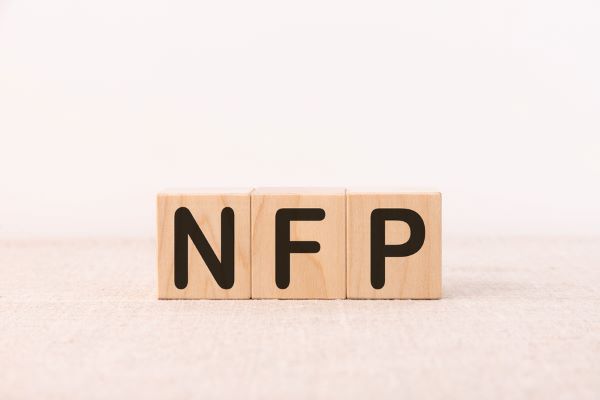
Shifting to a new kind of Not-For-Profit (NFP)
So much has changed with NFPs. The shift has been pushed from within NFPs as well as from external pressures.
My name is Cameron Flynn and I have worked on numerous Not-For-Profit (NFP) organisations throughout my career at Accru. Looking back, I’ve noticed a considerable shift in recent times. Wherever this shift has come from, it is an important shift, and long overdue.
Going back fifteen to twenty years ago, just about every NFP I worked on was strictly a not-for-profit in every way. The organisation would be well-structured, have a zero budget, and the aim for the following twelve months would be to break-even. Although many NFPs still operate this way – or try to – many others do not and are embracing a more realistic business model. In the past, if the first cut budget showed a surplus then it would need to be revisited, and an expense line would need to be adjusted in order for the mandatory break-even point to be achieved. Boards and management generally cringed when it looked like a surplus could possibly be the outcome for the financial year. If this was to be the case, then measures, including increasing expenditure, would need to be taken.
The current state of Not-For-profits
Budgeting to break-even – to NOT make a profit – breeds inefficiency, stalls innovation and condemns an organisation to a relatively short existence. Just like Darwinism, only the fittest survive and management of the business may find difficulties that are not anticipated. Consequently, many business owners are seriously questioning their status as Not-For-Profits!
In recent years many NFP organisations have ‘seen the light’ and decided to make changes, particularly changes relating to their culture, to the way they operate, as well as to their objectives. Efficiency and innovation have been the clear winners here. Without changes made in these areas many of these organisations would not have had their funding renewed or been successful in winning new tenders. One major factor behind this is that governments seek out the larger and MORE EFFICIENT organisations to assist with funding.NFPs or FPs?
Many NFP organisations now run like ‘FPs’ – ‘for-profit’ businesses – and this is a good thing! They are efficient and maximise returns on investments, donations and employees while reducing costs such as professional fees, printing and travel. Boards no longer cringe when a surplus is made. And many such businesses have embraced the reality that to remain commercially viable organisations need to be efficient and innovative. Part of all this is that these organisations empower their program managers to take ownership of their budgets and produce efficient spending, and therefore results.
My contention has always been, and still is, that the more efficient a Not-For-Profit is, the faster they can achieve their stated objectives. Increased returns on investments, donations and employees simply means there are more funds for the betterment of the objectives of these wonderful organisations. There’s nothing wrong with a NFP simply doing more good work!
We work with our NFP clients to improve efficiency and to think innovatively! If you would like to discuss your NFP organisation with us, contact one of our Audit Specialists today on 03 9835 8200, or alternatively complete your details below and we’ll be in touch.
